ISLAMABAD: The Supreme Court has criticised the report of the special commission on the 20-day Faizabad dharna (sit-in) in 2017, describing it as “replete with clichés, platitudes, and homilies, often as a substitute for substance”.
A three-page order issued by the Supreme Court on Saturday noted that the commission’s report did not address the Terms of Reference (ToR) and incorrectly assumed that the right to travel to Islamabad and protest was prohibited. The court observed that the report was biased and did not consider other aspects of the judgment and orders subsequently passed by the court.
The commission’s report was also criticised for exonerating the perpetrators of violence and castigating those at the political helm. The SC noted the report preferred the statement of one person over the testimony of another without explanation, demonstrating bias and compromising the commission’s impartiality.
When Attorney General for Pakistan (AGP) Mansoor Usman Awan was asked whether the federal government endorsed the report, he replied the government would file a statement in this regard. However, he said in his opinion, the report lacked substance and did not fully address the ToRs.
Three-page order on commission report released
The SC directed the AGP to submit the government’s response and obtain instructions on whether the government wants the commission’s report to be made public. The court also directed the commission members and chairman to respond in writing to the initial observations and may be present on the next date of hearing if they want to respond further in person.
The SC order highlighted the commission’s failure to address these critical aspects, raising questions about the report’s credibility and impartiality.
The ToRs required the commission to inquire into illegal financial or other support provided to Tehreek-i-Labbaik Pakistan for undertaking the Faizabad dharna, recommend action against those who issued edicts or fatwas, inquire into Pemra’s inaction against broadcasters and cable operators, examine the spread of hate and violence through social media, determine violation of law and liability, fix responsibility, and recommend measures for handling rallies, protests, and sit-ins.
Published in Dawn, May 12th, 2024



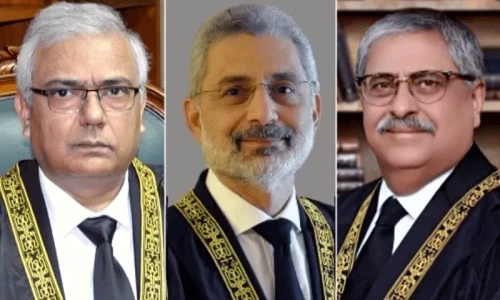












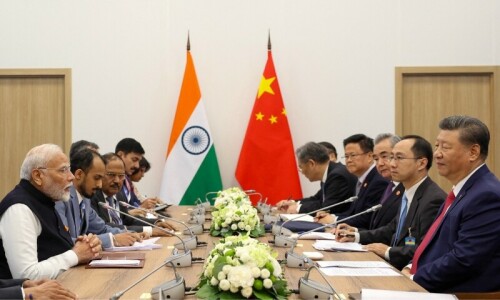

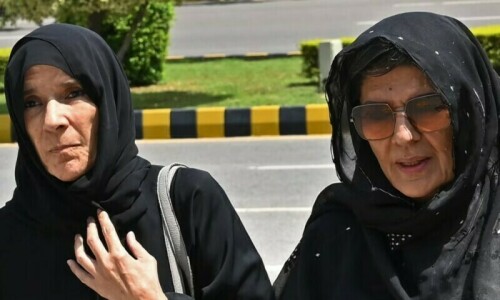
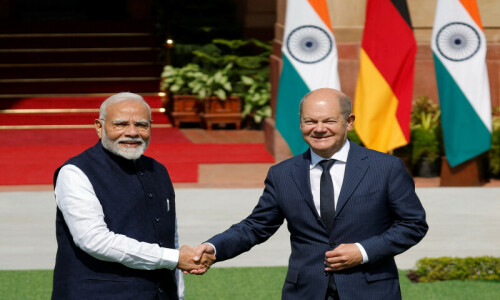
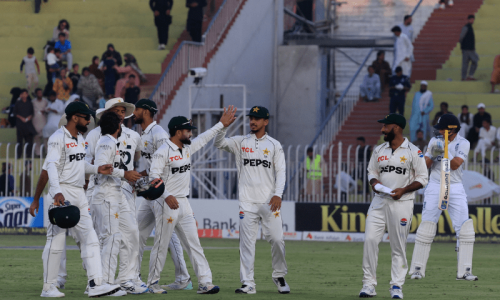
























Dear visitor, the comments section is undergoing an overhaul and will return soon.